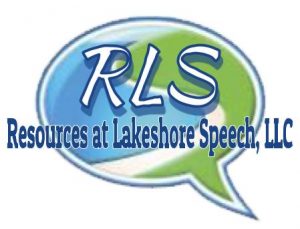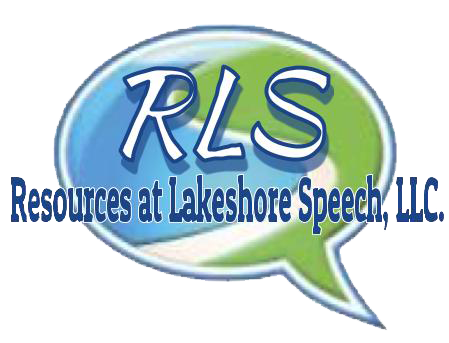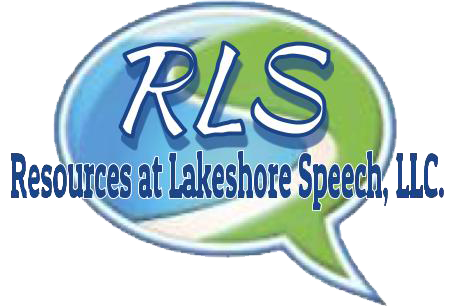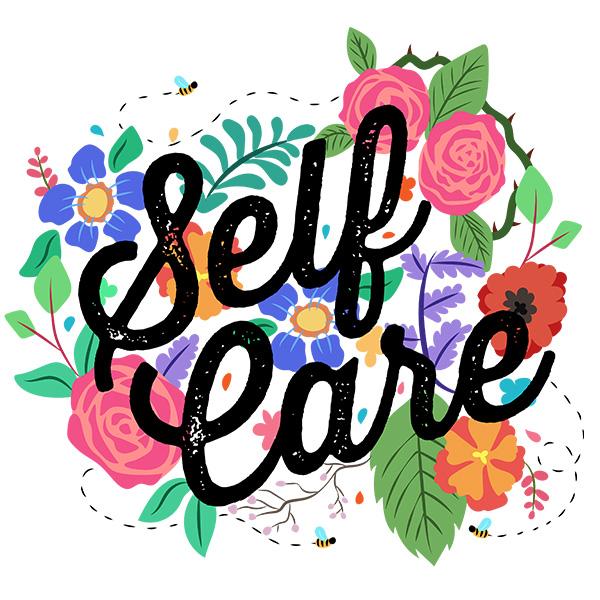It’s finally here…. JUNE! Days are longer…much longer. Weather it warmer…. much warmer. Everyone is home… school’s out…..everyone’s home…. all day. Did we mention the days are longer?
While June ushers in a time a carefree days and weeks, pay attention to just how important a daily routine (dare we say schedule) is for your loved one’s success, ease of mind, and ability to manage behaviors.
“But we just finished a school year worth of schedules!”
We hear you, but these summer routines and schedules are a lot less time specific. Summer routines and schedules make the ‘unknown’ day more concrete. They also provide the adults with a reminder or recap of the day.
Resources for creating schedules are available online. Use simple pictures of places and events or if your loved on is literate, use text.
There are many different types of set-ups for schedules or routines you might want to consider. Ultimately, create a combination of different types that suits your family’s needs best.
Object schedule: Using objects that represent the events throughout the day may give your loved on the visual support needed to easily transition from one activity to the next. This also provides a concrete explanation of the expectations throughout the day so there is no ‘arguing’. It’s so much easier to ‘blame’ the schedule for completing a non-preferred task. “I’m sorry, but the schedule says it’s time to clean-up. Check the schedule.”
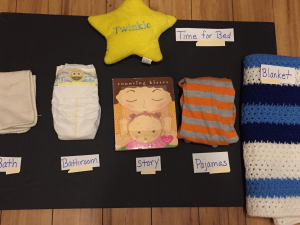
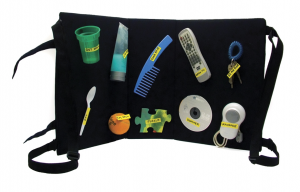
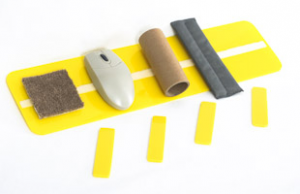
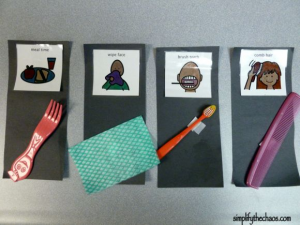
Picture schedule: Simple clipart pictures or actual photos can serve as visual reminders for the schedule or routine of the day. Providing a method of indicating the event is complete provides a very concrete message for your loved one. Some suggestions to show an event is complete include turning the picture over, removing the picture from the schedule, or placing a check-mark next to the picture.
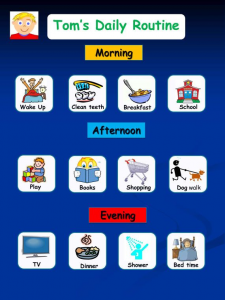
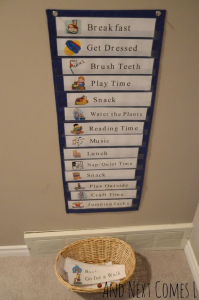
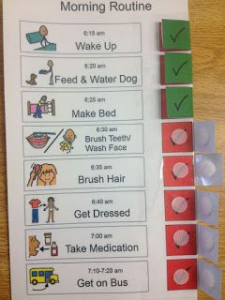
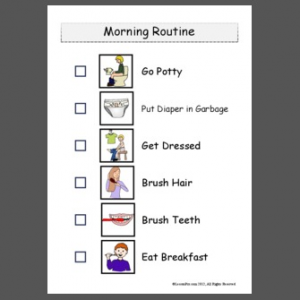
Text Schedule: If your loved on is literate, consider a simple checklist for the day’s events or using a white boards to catalogue the schedule for the day. These types of schedules can include exact times as well as specific locations.
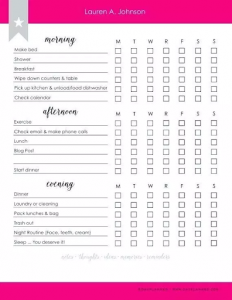

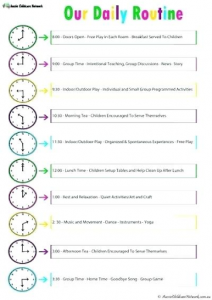

High Tech: If your loved one is more comfortable using a ‘smart’ device, consider using the calendar built in to the operating system or a daily planner app (free ones are the best when trialing this support). Work with your loved one to set up the calendar, make sure to include alarms or notifications for each event. Using a ‘shared’ calendar provides everyone the flexibility to add or change items accordingly.
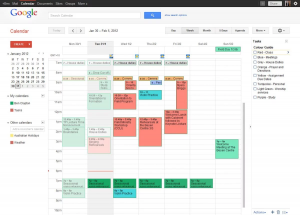



Providing visual supports and schedules to loved ones gives everyone the opportunity to enjoy the lazy days of summer more successfully and with much less stress. The speech-language therapist at Lakeshore Speech Therapy, LLC will be happy to provide more ideas and assistance with developing visual supports specific to your loved one’s needs.
Yours in Speech,
Lakeshore Speech Therapy, LLC
